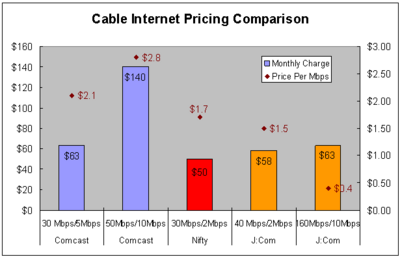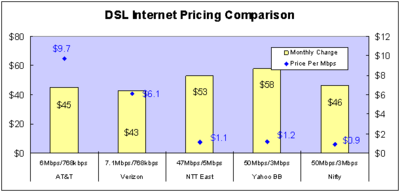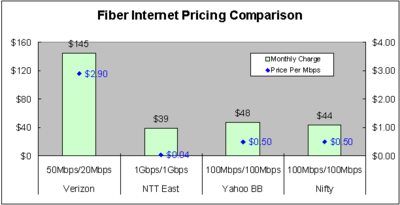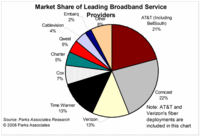 Google,
Craigslist,
Free Software Foundation,
and
many other websites
protest those Internet censorship bills today.
The so-called
Stop Online Piracy Act (SOPA) is a House bill (H.R.3261)
and the so-called
PROTECT IP Act (PIPA) is a Senate bill (S.968)
(most recently renamed Preventing Real Online Threats to Economic
Creativity and Theft of Intellectual Property Act of 2011).
Both have nothing to do with promoting creativity and everything
to do with giving a few large copyright holders
priority over the Internet,
requiring censorship of links to entire domains.
Have you heard of the Great Firewall of China?
That’s where the Chinese government censors entire domains such as
facebook, youtube, and twitter because they contain some content
that the Chinese government doesn’t want distributed.
Google,
Craigslist,
Free Software Foundation,
and
many other websites
protest those Internet censorship bills today.
The so-called
Stop Online Piracy Act (SOPA) is a House bill (H.R.3261)
and the so-called
PROTECT IP Act (PIPA) is a Senate bill (S.968)
(most recently renamed Preventing Real Online Threats to Economic
Creativity and Theft of Intellectual Property Act of 2011).
Both have nothing to do with promoting creativity and everything
to do with giving a few large copyright holders
priority over the Internet,
requiring censorship of links to entire domains.
Have you heard of the Great Firewall of China?
That’s where the Chinese government censors entire domains such as
facebook, youtube, and twitter because they contain some content
that the Chinese government doesn’t want distributed.
 SOPA and PIPA would do the same thing,
except putting Hollywood in charge of what would be censored.
In a perfect example of
the DC lobbying revolving door,
former Senator Chris Dodd,
now Chairman of the Motion Picture Association of America,
called the anti-SOPA blackout an “abuse of power”.
Funny how it’s only an abuse of power when we fight back.
SOPA and PIPA would do the same thing,
except putting Hollywood in charge of what would be censored.
In a perfect example of
the DC lobbying revolving door,
former Senator Chris Dodd,
now Chairman of the Motion Picture Association of America,
called the anti-SOPA blackout an “abuse of power”.
Funny how it’s only an abuse of power when we fight back.
If you don’t believe me, listen to Mythbuster Adam Savage.
Here’s a technical explanation. And here’s a letter of objection many of the engineers who built the Internet.
Here’s where the anti-SOPA blackout started: Continue reading










